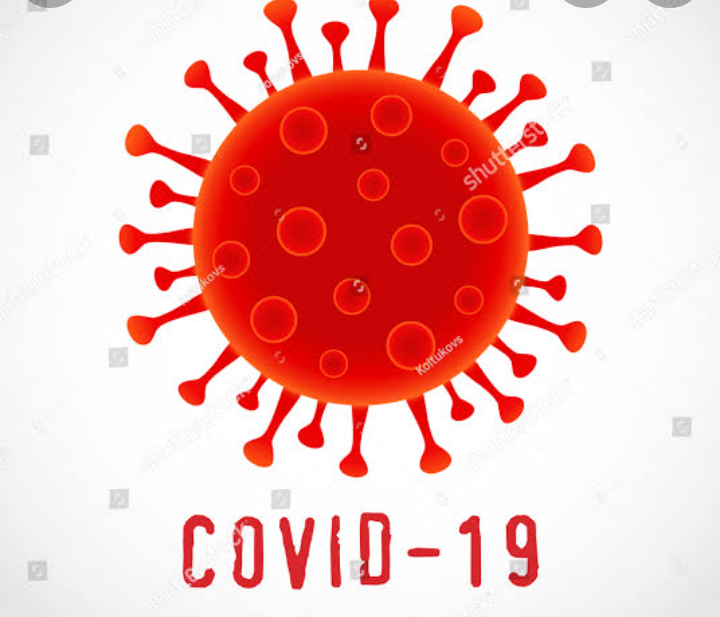As the Omicron variant dominates the COVID-19 news cycle, new research from the Partnership for Evidence-Based Response to COVID-19 (PERC), indicates that people in African Union Member States are overwhelmingly willing to get vaccinated.
Amanda McClellan, Senior Vice President of Prevent Epidemics at Resolve to Save Lives, an initiative of Vital Strategies, disclosed in a report made available to journalists in Lagos.
McClellan said across 19 countries, 78 per cent of people surveyed by PERC indicated that they had been or were willing to get vaccinated.
She, however, noted that as of November 2021, less than 7 per cent of the African continent had been vaccinated.
“This gap between acceptance and coverage demonstrates a substantial unmet need and underscores the importance of consistent and predictable vaccine supply as well as increased support for vaccination programs in Africa.
“The latest PERC report considers why global vaccination efforts have been plagued by inequity, as well as the logistical challenges to vaccinating the African continent.
“The report further outlines the continued importance of preventive measures.
“Particularly individual measures such as masking and social distancing—that minimise the social or economic harm that can occur when mobility, economic and social gathering restrictions are imposed,” she said.
The report quoted Dr. John Nkengasong, Director of the Africa Centres for Disease Control and Prevention as saying, “We must work urgently toward equitable access to safe and effective vaccines on the African continent.
“The PERC data show that demand for vaccines is substantially higher than supply.”
The report also noted that as at 78 per cent, vaccine acceptance was higher than in the previous PERC survey fielded earlier this year (67), which may indicate the success of risk communication campaigns.
“In five surveyed countries—Guinea, Morocco, Mozambique, Tunisia and Zimbabwe acceptance was 90% or higher.
“Vaccine acceptance was high among both those who trusted their government’s pandemic response and those who felt COVID-19 posed a personal risk to them or to their country.
“Such high acceptance contradicts media reports suggesting that low vaccination rates across Africa are due to hesitancy,” the report added.
McClellan said that among the 20 per cent of respondents who expressed vaccine hesitancy, the top reasons were: low risk perception (24 per cent), not having enough information about vaccines (22 per cent) and lack of trust in government (17 per cent).
She said the reasons for low risk perception were complex, but officials could take concrete action to address them.
She added that offering more and better information to people about COVID-19 and vaccines through trusted sources, particularly health care providers, coupled with consistent and reliable vaccine supply, could further increase acceptance.
McClellan said that respondents’ top information sources included local health centers, television and radio.
According to her, a number of bottlenecks have contributed to the failure to achieve higher vaccination coverage.
“Unpredictable supply—in terms of volume, timing and shelf life—threatens countries’ ability to meet demand. When offered, vaccination is frequently inconvenient, requiring people to travel far distances or visit vaccination sites at inopportune times.
“I am heartened by the efforts of the African Vaccine Acquisition Trust (AVAT) and the COVAX facility to expand vaccine access,” McClelland said.
“But there is still work to do. Vaccine donations sent too close to expiry dates, for example, leave countries unable to launch effective vaccination campaigns.
“COVID-19 preventive measures remain crucial to mitigate the health impact of the virus.
“PERC researchers analysed what influences support for and adherence to such measures and found that individual actions—hand washing, mask-wearing and social distancing—all garnered support from at least 90% of survey respondents.
“Such high support suggests that these key measures can continue to be effective strategies for reducing COVID-19 transmission” she said.
McClelland said that preventive measures restricting gathering or movement received less support.
She said that unemployment and food insecurity were widespread among survey respondents and made adherence to restrictive community measures a challenge.
The PERC researchers concluded that such measures should be targeted to specific, high-risk populations as needed to minimise harm.
“Income loss also may have had an adverse impact on access to essential health services. Cost and affordability were cited as the primary obstacles to receiving care.
“Declines in the number of health visits have likely contributed to declines across key health indicators.
“PERC researchers advocate for urgent investment to stabilise health systems and regain progress lost during the pandemic.
“Strengthening health data systems to be better prepared for health threats is critical.
“It is important that investments prioritize epidemiological data, as well as contextual data and data on community perceptions and actions toward countermeasures for disease mitigation and prevention.
“Together with the data itself, timely collection, analysis and dissemination are integral to systems strengthening and emergency response.
“The global community and national governments should invest—to the fullest extent possible—in public health infrastructure and social protection programs that build and maintain resilience, in order to improve health and economic outcomes and reduce the opportunity costs of vaccination and PHSM adherence,” the reports added.
The PERC survey—the fourth in its “Using Data to Find a Balance” series—was fielded in September, when many countries in Africa were recovering from a third wave of COVID-19 driven by the Delta variant and before the emergence of the Omicron variant.
PERC polled approximately 23,000 people across 19 African Union Member States; compiled social, economic and epidemiological data from a range of sources; and compared results from previous surveys conducted in February 2021 and August 2021.
McClellan said that a French version of the report will be available in January 2022.


Comment here